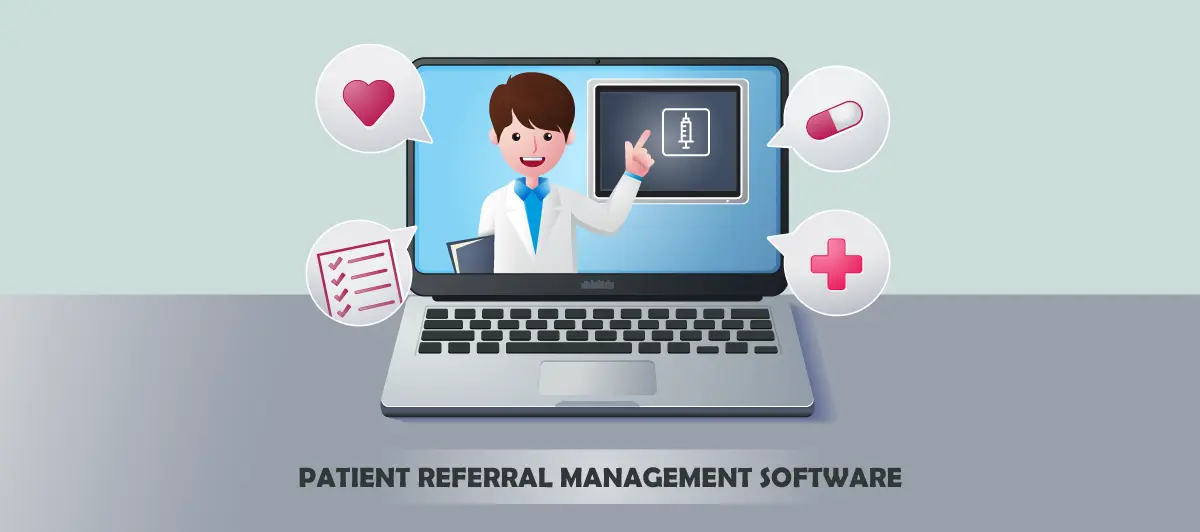Specialist referrals through digital healthcare channels require systematic coordination between primary care physicians, patients, and speciality practitioners to ensure appropriate care delivery. The referral process involves multiple verification steps, documentation requirements, and communication protocols that facilitate seamless transitions from general practitioners to specialised medical experts. The nextclinic.com.au demonstrates how modern telehealth facilitates efficient referral pathways while maintaining professional medical standards and regulatory compliance throughout the consultation and referral journey.
Initial consultation requirements
Primary care consultations establish the medical foundation for specialist referral online by documenting symptoms, conducting initial assessments, and determining appropriate speciality care needs. The referring physician evaluates patient symptoms, reviews medical histories, and determines whether specialised expertise can provide additional diagnostic clarity or treatment options beyond general practice capabilities. This initial assessment creates the clinical justification for insurance approval and specialist acceptance. Patient eligibility verification occurs during initial consultations, ensuring that insurance coverage, geographic location, and medical urgency align with available specialist options. The referring physician also explains the referral process, expected timelines, and potential outcomes to help patients prepare for speciality consultations. Patients benefit from clear communication about referral purposes and specialist expertise during their appointments and how they fit into their care plans.
Assessment and evaluation procedures
Virtual assessment capabilities enable referring physicians to conduct thorough evaluations that support specialist referral decisions while accommodating patient scheduling constraints and geographic limitations. Video consultations allow visual assessment of symptoms, medication review, and detailed symptom discussions that inform referral necessity and speciality selection. These comprehensive virtual evaluations often provide sufficient clinical information to justify specialist referrals without requiring initial in-person appointments.
Triage protocols help referring physicians determine referral urgency and appropriate specialist categories based on symptom presentation and patient risk factors. Standardised assessment tools ensure consistent evaluation criteria while assisting physicians in identifying red flags that might require expedited specialist access. The systematic approach to virtual assessments creates detailed referral requests that specialists can review before scheduling appointments, improving overall care coordination efficiency.
Referral coordination process
- Electronic referral submission includes complete patient information, clinical summaries, and specific consultation requests
- Specialist office communication involves appointment scheduling, insurance verification, and pre-visit preparation instructions
- Patient notification provides appointment details, preparation requirements, and contact information for questions or concerns
- Inter-provider communication ensures referring physicians receive consultation reports and recommended follow-up plans
- Care coordination meetings may occur between referring and specialist physicians for complex cases requiring collaborative management
Appointment scheduling coordination balances patient preferences, specialist availability, and medical urgency to optimise access while maintaining quality care standards. Administrative staff facilitate communication between all parties; ensuring patients understand appointment requirements and specialists receive necessary background information. This coordination reduces appointment delays and improves patient satisfaction by minimising scheduling conflicts and preparation confusion.
Follow-up and continuity care
Post-specialist consultation communication ensures referring physicians receive detailed reports about diagnostic findings, treatment recommendations, and ongoing care requirements. Specialists typically provide comprehensive consultation summaries that include differential diagnoses, recommended treatments, and follow-up scheduling suggestions. This communication enables referring physicians to coordinate ongoing care while ensuring patients receive appropriate monitoring between specialist appointments. Shared care protocols establish clear responsibilities between referring physicians and specialists for continuing patient management, medication monitoring, and emergency care coordination. These protocols prevent care gaps while avoiding duplication of services or conflicting treatment approaches. Regular communication between healthcare providers ensures patients receive coordinated care that addresses acute specialist needs and comprehensive primary care requirements throughout their treatment journey.











